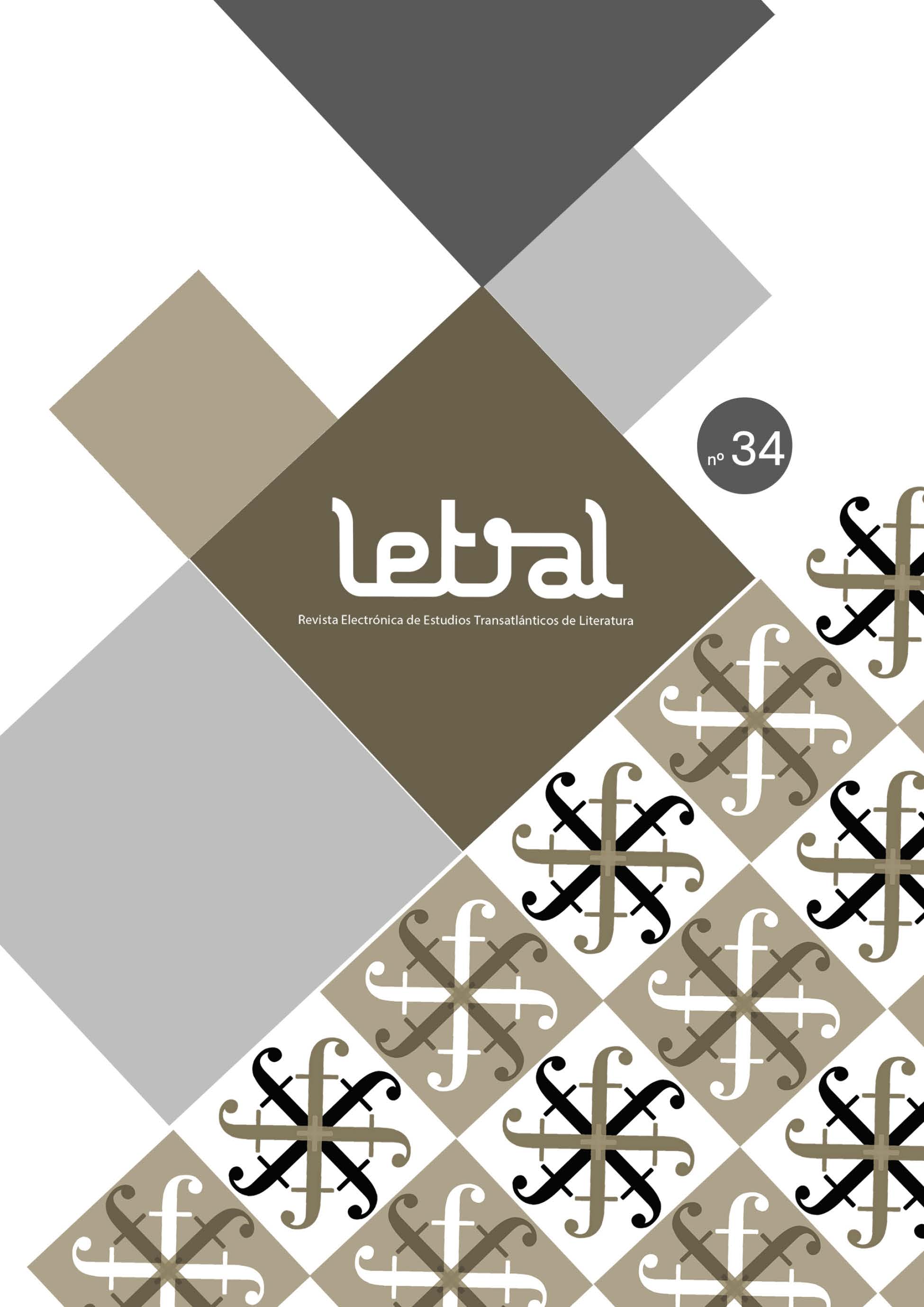The Grammar of Life: Gamaliel Churata's Ecopoetic Reflection in El pez de oro
Keywords:
ecopoetics – peruvian poetry - biosemiotics - indigenous avant-garde - Amerindian knowledgeAbstract
This article attempts to read Gamaliel Churata's book El pez de oro from an ecopoetic perspective. Although it is impossible to define this book in defined genres, the writing is marked by a philosophical imprint, which must be understood (beyond the ontological and epistemic limits of hegemonic modernity) as an Amerindian reflexive and poetic practice, and in dialogue with the cosmic whole. Churata deploys a philosophy (an imagine the possibility of a new science) of the "Mama-pacha: Mother earth" (2012: 206), and makes an extension of the concept of Pachamama to understand her as mother of the cosmos. Churata's ecopoetic reflection tends towards the exaltation of a spiritual enlightenment in which human beings recognise themselves as related to all that exists.
Downloads
References
Bosshard, Marco. “Mito y monada: la cosmovisión andina como base de la estética vanguardista de Gamaliel Churata”. En: Revista Iberoamericana, Vol. LXXIII, N. 220, Jul-Sep. (2007): 515-39.
Churata, Gamaliel. El pez de oro. Madrid, España. Cátedra, Letras Hispánicas. (2012).
Galdo, Juan Carlos. “Campo de batalla somos: saberes en conflicto y transgresiones barrocas en El pez de oro”. En: Revista de Crítica Literaria Latinoamericana. Año XXXVI, N. 72. 2do sem. (2010): 369-91
Hernando Marsal, Meritxell. “El proyecto literario de Gamaliel Churata: del paradigma antropológico a la reciprocidad”. En: Revista Letral, N. 9. (2012): 19-34.
Mamani, Mauro. “Ahayu-watan: una categoría andina para explicar nuestra cultura”. Revista Caracol, N. 9, ene-jun. (2015): 92-127.
Velásquez, José Luis. “Lógicas fronterizas de Gamaliel Churata o alegorías de El pez de oro”. En: América Crítica, V. 4, N. 3. (2020): 57-80.
Downloads
Published
How to Cite
Issue
Section
License
Copyright (c) 2024 Pedro Favaron

This work is licensed under a Creative Commons Attribution-NonCommercial 4.0 International License.
Revista Letral is an open access journal under a Creative Commons Atribución-NoComercial 4.0 license.
The works published in this journal may be reused, distributed and publicly presented for non-commercial purposes, provided that: cite the authorship and the original source of the publication (journal, publisher and URL of the work).
We strongly recommended you to share our published articles in social and scientific networks, institutional and public repositories, personal or institutional websites, blogs, Google Scholar, ORCID, ResearchID, ScopusID, etc.
The journal allow the author(s) to hold the copyright and to retain publishing rights without restrictions.
We are completely free, both for readers and authors.














